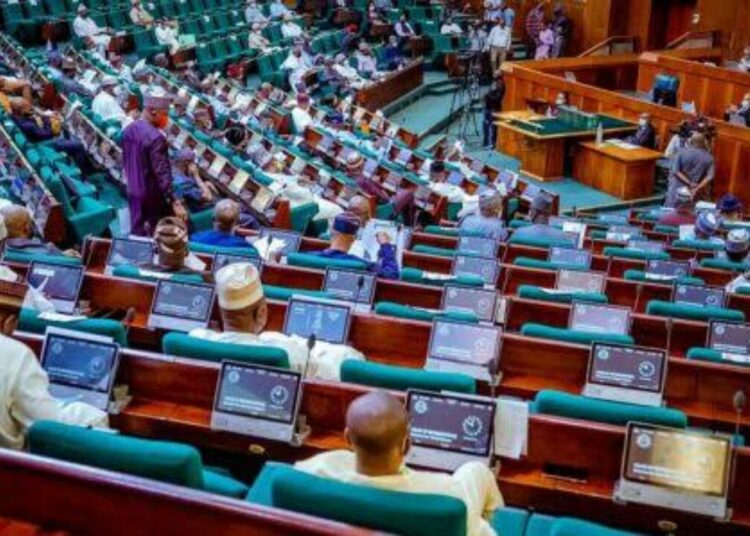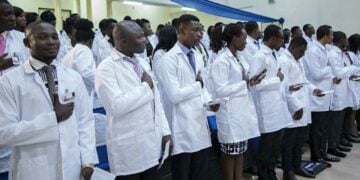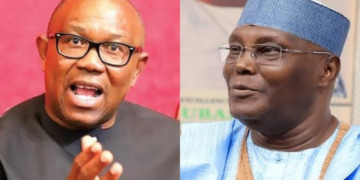The House of Representatives has said it will investigate about $18 billion in funds appropriated and disbursed for rehabilitating the Port Harcourt, Warri, and Kaduna refineries between 2010 and 2024.
The investigation seeks to ascertain the status of the refineries, examine how public funds were utilised and identify agencies responsible for infractions or mismanagement.
This followed the adoption of a motion on “Non-functionality of State-owned Refineries,” sponsored by Hon. Sesi Oluwaseun Whingan (APC, Lagos) at plenary on Thursday.
Whingan moved the motion by lamenting the persistent non-functionality of Nigeria’s state-owned refineries in Port Harcourt, Warri, and Kaduna. Despite over two decades of rehabilitation efforts and an estimated expenditure of $18 billion on turnaround maintenance, there have been no tangible results.
He recalled the recent public statements by Nigeria’s foremost industrialist, Alhaji Aliko Dangote, and former President Olusegun Obasanjo, who expressed doubts about the viability of these refineries and described the multi-billion-dollar investments as futile, sparking widespread public concern and outrage over potential mismanagement.
The lawmaker recalled that: “In 2007, during the administration of President Olusegun Obasanjo, Alhaji Dangote and other private investors acquired the refineries, but the succeeding administration of President Umaru Musa Yar’Adua reversed the transaction, opting instead for rehabilitation using public funds, a decision that has yielded no significant operational improvements.”
He expressed concern that: “on Thursday, July 10, 2025, the Group Chief Executive Officer of NNPC Limited, Bayo Ojulari, in an interview published by the Punch newspaper, sought to distance the current administration from the monumental mismanagement of Nigeria’s state-owned refineries in Port Harcourt, Wari, and Kaduna, confirming their continued non-functionality despite significant investments estimated at $18 billion, and proposed the potential sale of these assets, thereby raising critical questions about fiscal responsibility, strategic asset management, and the long-term implications for Nigeria’s energy security and economic stability.”
Whingan expressed worry that despite consistent annual budgetary allocations over the years, there is no verifiable evidence of substantial rehabilitation outcomes, representing a gross misuse of public funds and a betrayal of public trust.
“Aware that Nigeria’s economic stability and energy security are inextricably linked to a functional and accountable downstream petroleum sector, particularly following the current administration’s removal of the petrol subsidy, underscores the urgent need for operational refineries to mitigate economic hardship.
“Convinced that a comprehensive, transparent, and time-bound investigation is essential to ascertain the current operational and structural status of Port Harcourt, Wari, and Kaduna refineries, examine the utilisation of all allocated funds and the effectiveness of rehabilitation efforts.
“Identify any infractions, mismanagement, or corrupt practices in managing these assets and propose actionable reforms to safeguard future public investments and ensure the sustainability of Nigeria’s oil and gas infrastructure.
Upon adopting the motion, the House referred it to the Committees on Petroleum Resources (Downstream and Midstream) to conduct the investigation and report for further legislative action within four weeks.





